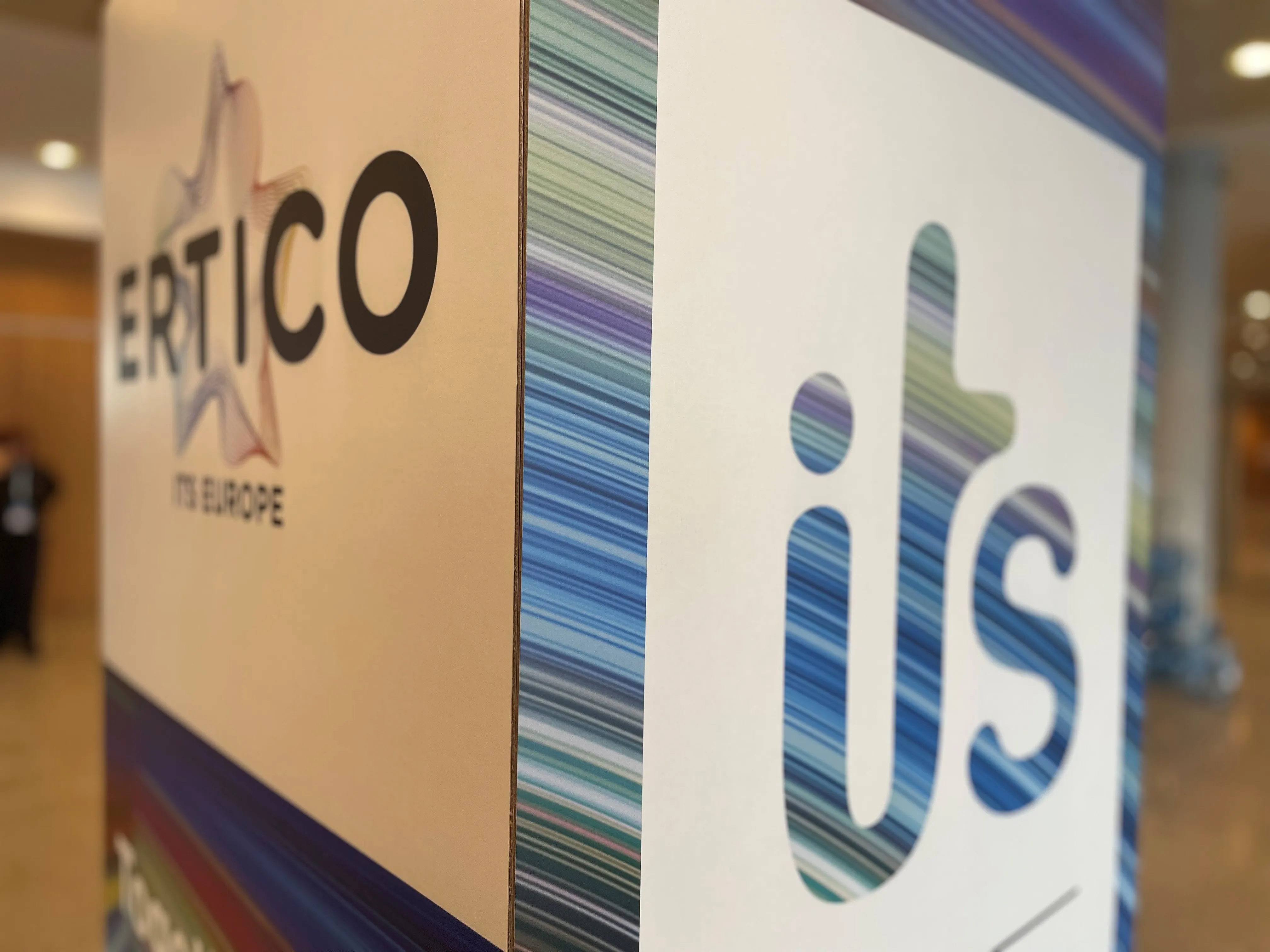The European Automobile Manufacturers' Association (ACEA) has brought together key industry stakeholders and policy makers to review the opportunities and challenges related to passenger car connectivity. The conference explored how automotive connectivity technologies could revolutionise personal mobility, as well as examining some of the challenges faced in rolling out connected cars.
ACEA president Carlos Ghosn, European Commissioner for Digital Society and Economy Günther Oettinger, and Director Gene
December 10, 2014
Read time: 2 mins
The European Automobile Manufacturers' Association (6175 ACEA) has brought together key industry stakeholders and policy makers to review the opportunities and challenges related to passenger car connectivity. The conference explored how automotive connectivity technologies could revolutionise personal mobility, as well as examining some of the challenges faced in rolling out connected cars.
ACEA president Carlos Ghosn, European Commissioner for Digital Society and Economy Günther Oettinger, and Director General of1690 European Commission Directorate General for Mobility and Transport João Aguiar Machado each gave their respective views on the future of passenger car connectivity during the conference.
During his opening address during the event, Ghosn, who is also CEO of Renault, said "Our industry already is working with technology companies and other players as we embrace connectivity and more advanced concepts of mobility. To continue moving towards the car of the future, our industry is developing partnerships with policymakers, universities, infrastructure providers, start-ups, established tech companies, telecoms and service providers."
Ghosn highlighted some of the benefits of connectivity to consumers adding, "Connectivity means driving will become considerably safer. It also means more efficient mobility by reducing unproductive time during driving – such as when you are stuck in slow traffic. We all have in common the need for more time, and the ability to make the most effective and pleasant use of that time. As an industry, we can use connected technologies to respond to that need."
Remarks by many of the panellists illuminated the potential for smart connectivity to improve the management of traffic congestion in cities and help address the challenge of reducing emissions more effectively. Industry representatives in attendance also emphasised their commitment to privacy and data protection.
ACEA secretary general Erik Jonnaert concluded, "In Europe we need a supportive, predictable framework that enables manufacturers and suppliers to provide the best possible experience to drivers."
ACEA president Carlos Ghosn, European Commissioner for Digital Society and Economy Günther Oettinger, and Director General of
During his opening address during the event, Ghosn, who is also CEO of Renault, said "Our industry already is working with technology companies and other players as we embrace connectivity and more advanced concepts of mobility. To continue moving towards the car of the future, our industry is developing partnerships with policymakers, universities, infrastructure providers, start-ups, established tech companies, telecoms and service providers."
Ghosn highlighted some of the benefits of connectivity to consumers adding, "Connectivity means driving will become considerably safer. It also means more efficient mobility by reducing unproductive time during driving – such as when you are stuck in slow traffic. We all have in common the need for more time, and the ability to make the most effective and pleasant use of that time. As an industry, we can use connected technologies to respond to that need."
Remarks by many of the panellists illuminated the potential for smart connectivity to improve the management of traffic congestion in cities and help address the challenge of reducing emissions more effectively. Industry representatives in attendance also emphasised their commitment to privacy and data protection.
ACEA secretary general Erik Jonnaert concluded, "In Europe we need a supportive, predictable framework that enables manufacturers and suppliers to provide the best possible experience to drivers."








